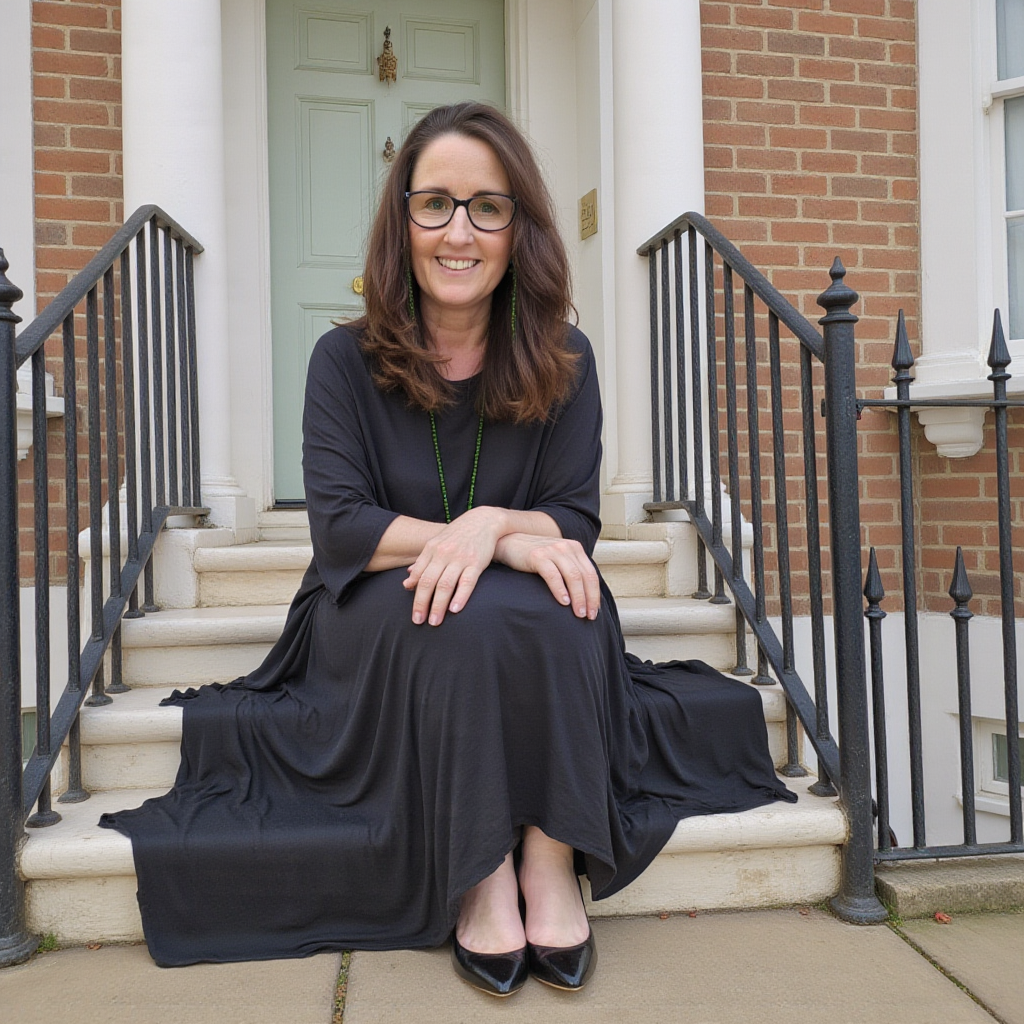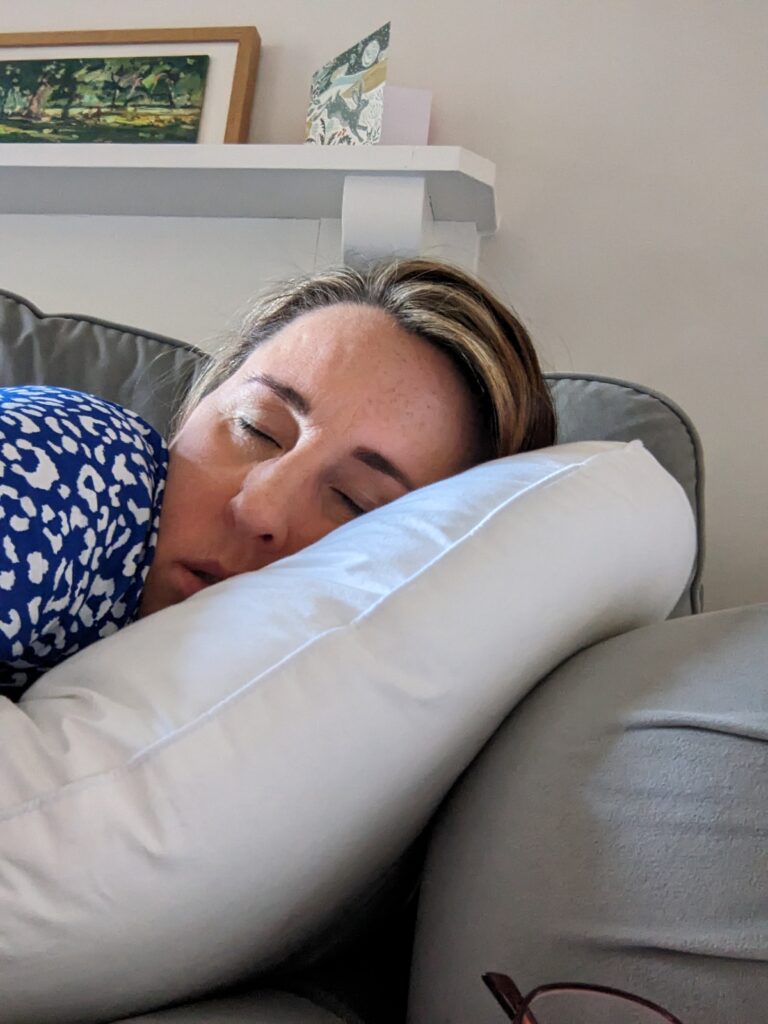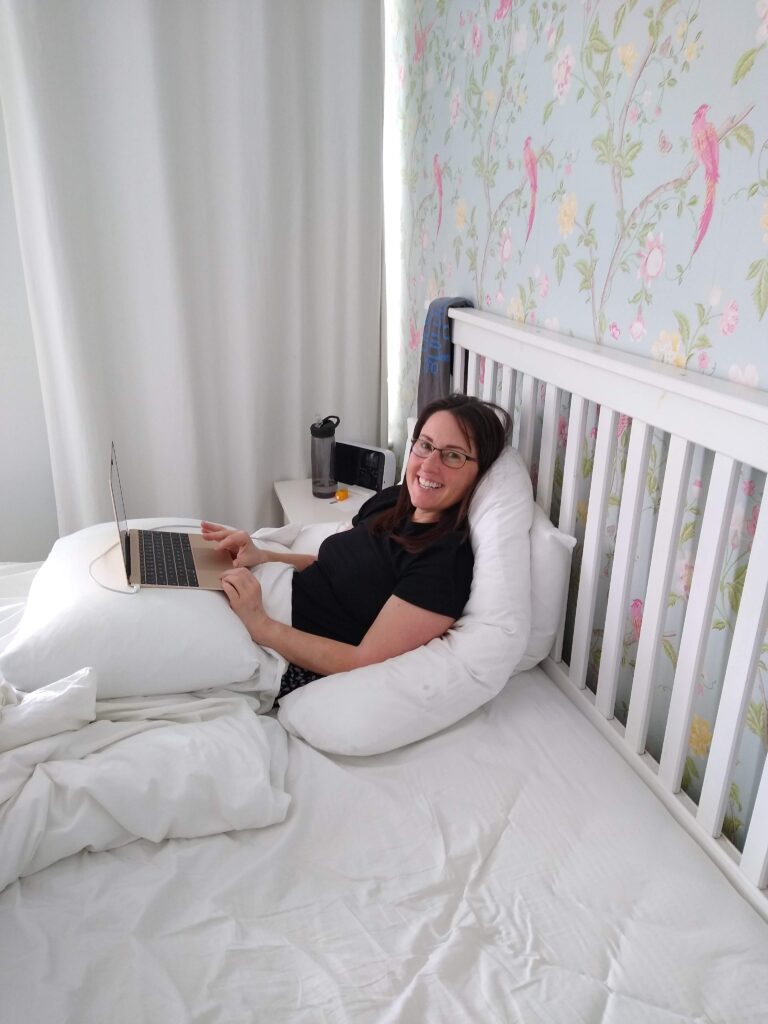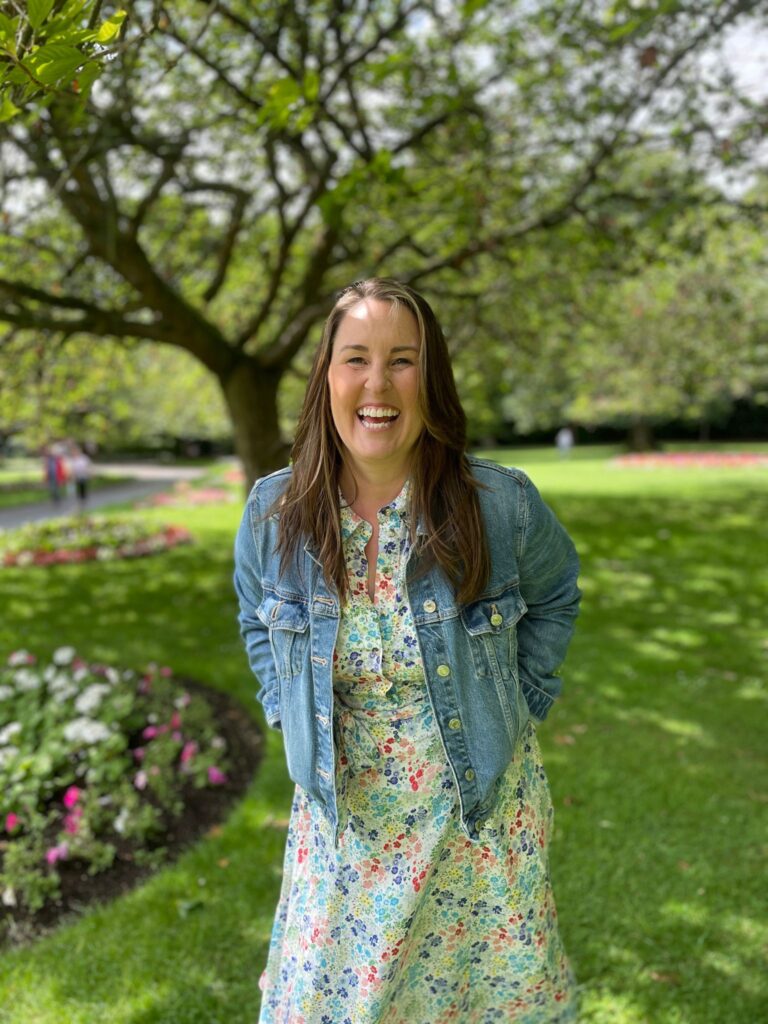My Story & Diagnosis

I’ve had four surgeries and gamma knife radiotherapy. Mine is aggressive so very very rare.
I’d like to talk about my journey and how I’ve adapted my working life so that I can enjoy as much as I can instead of a 9-5 controlling my life and how others can too.
Way back in 2011 the symptoms seemed to come on quite quickly, but could easily be dismissed as a multitude of other things:
- Dizzy – could be vertigo
- Hair loss – maybe it’s just that time of year
- Periods stopped – early menopause
- Memory problems – we all get that
- Fatigue – you’re doing too much
- Poor eyesight – you’re not getting any younger
But, I know that anyone reading this who has a pituitary condition will agree with me that ‘we know when something is wrong’. We seem to have this strange ability to just know and so I kept pushing and pushing my doctor until I gave up and paid to go private.
There it was! A tumour sitting there living it’s best life, growing faster than my garden weeds the day after I’ve pulled them out.
But it was ‘okay as it’s benign’.

Fast forward to 2015 and I’d have the old transsphenoidal surgery where they’d ‘got all of it out’ and for two years I was great. I resumed all my daily activities (single mum, working 9-5, running half marathons (fast I hasten to add), gym twice a day).
The in 2014 I felt a little like I did back in 2011.
The little freeloader was back!
This time I was given gamma knife radiotherapy in London. And once again resumed life, things weren’t entirely back to normal and the exercise was no longer what it used to be because of exhaustion kicking in so quickly. It started to become harder and harder just to do my 20-minute walk into work. Add that to the small talk, office chat, people clicking their keyboards as if they’re breaking into the Bank of England, some toxicity and then actually doing my work I soon found that working a 9-5 just wasn’t easy.
I was diagnosed with Addison’s disease and, that coupled with a non-functioning pituitary gland, meant everyday life was damn hard.
I was doing it, but at a cost! That cost was my life!
Now, I’d already had two tumours and now also the potentially fatal disease, Addison’s was part of my ‘autobiography’ which – as I am sure many of you can already relate to – gives you a perspective that you may not have had before…
‘This is my life, I need to enjoy it’
My 9-5 meant I was giving all my energy and time to my employers and had no time for me or my loved ones. Evenings I was totally horizontal, argumentative and had a constant feeling of anger that I was ‘wasting my life’
Weekends were spent catching up with housework. I rarely saw anyone outside of my family or, again, did anything for me. I felt sad that I was missing so much and unable to be with my daughter as much as used to be before the second tumour.
Like you, I couldn’t give up work otherwise I’d be able to do less. There was no way I was winning the National lottery because I only play The Pituitary Foundation one, so being a millionaire wasn’t going to happen either. I am also someone who needs a daily purpose.
Something had to change.

I was well aware that the tumour might come back, given it had once already after they’d ‘got it all out’ in 2012 (I am not disappointed that they didn’t get it all out. I have since learned that’s actually impossible to say given how small certain cells are).
I was a single parent and had a mortgage too so I needed to have an income. So, I looked at creating my own working life that fits around my health needs – oh and the endless hospital appointments. Long story short, I started my own Virtual Assistant business back in late 2015 and within three months I left my 9-5 as I was working less hours for exactly the same money, in the comfort of my own home. Then in 2018 I started helping others, just like me, to start their own business as a Virtual Assistant. I know how hard it is for us and I wanted to give people the opportunity to make life easier through my training courses. Let’s fast forward again.

It’s now 2023 and I’ve had three more surgeries (2019, 2021, 2022) and it’s still growing now as it’s ‘aggressive’.
But, I’ve been able to live my absolute best life without worrying about getting permission to take time off for health reasons, without feeling guilty about yet another hospital appointment, without crawling into work when what my body really needs is rest, without worrying that I’ll lose my income as my employers will get rid of me.
My life is so much calmer now and I am not angry or disappointed about my pituitary tumour. In fact, I’m a little bit grateful because without it I wouldn’t have the life I have now.
I’d probably still be thinking I’ll be stuck in a 9-5 until I retire.
My Tips for Making Work ‘Work’
My top tips are to remember, you come first. You’re embarking on a brand new journey and it can be frightening and stressful, both things our bodies seem even less resilient to cope with when our pituitary glands are misbehaving.
If you’re employed, maybe host a meeting with those you work with – yes, even your manager – to explain what is happening in your body and your life and how this may affect how you work. Perhaps your memory is slightly affected right now, meaning it may take you longer to recall past conversations. If your colleagues know this it won’t be frustrating for them, they won’t think that you’re not engaged with your work. Let your manager know the emotional effects of this condition too.
You’re going to possibly be more tired and experience fatigue – a whole new level of tired. It may help if you can reduce your hours at work, although I know that’s not always financially possible. So perhaps your manager / HR department could allow you to work from home twice a week, or similar? Maybe they could allow you to compress your hours?
When presenting anything to your employers to make things easier for you, also always ‘sell’ how it won’t affect them and how it will in fact benefit them because you’ll be able to continue to give them as much as you can. While employers try to be understanding, and do have a duty of care, they also need to make a profit in order to keep you employed, so this has to work for them too (or appear to anyway!).
If you’re self-employed, look at ways you can automate some of your business processes. Creating some form of passive income. Maybe look at getting support from a Virtual Assistant to assist with some of your day-to-day tasks. You may even be entitled to Access to Work, a government scheme to help you get or stay in work if you have a physical or mental health condition or disability.
Remember too, you may be entitled to free prescriptions under ‘medical exemption’, so look into that to see if you can save yourself some money.
Thanks for reading. I can’t wait to hear your story too.
Catherine Gladwyn
Catherine is a number one best selling author and trains women all over the world to create their own working lives as a Virtual Assistant – catherinegladwyn.co.uk
If you have been affected by this story and would like more support please contact our Information and Support Helpline.







